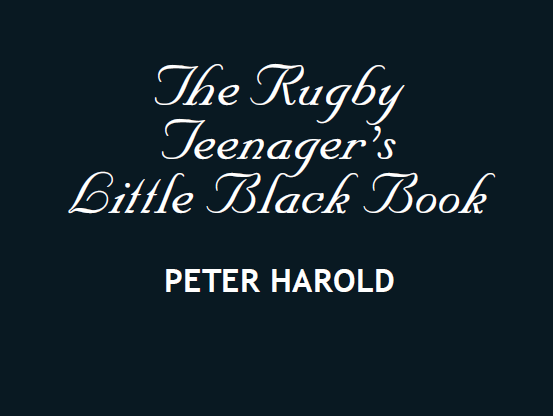- Rugby Toolbox
- The Game
- Teen Rugby
- Teenager
- Teenage Little Black Book
Teenage Little Black Book

Before we get into The Rugby Teenager’s Little Black Book, it’s worthwhile mentioning how it came about.
In 2012, New Zealand Rugby commissioned research to find out why teenagers were dropping out of the game.
Some of the findings reinforced the beliefs of many in the game. But rather than relying on the anecdotes and guesswork of those involved in the game, the research provided a tangible insight into our subjects for the first time. It gave us a clear idea of how the rugby community could help our teenagers overcome the obstacles which prevent them from playing and enjoying rugby.
It was evident this story was more than just research into Kiwi rugby kids. The findings have huge implications for us in our roles as parents and coaches and the way we communicate with our teens.
In making decisions concerning our teenagers, it’s easy to forget what research has taught us. Our actions may seem right and our hearts are definitely in the right place, but questioning our approach and constantly refining the way in which our youngsters experience rugby will help preserve and improve the game for generations to come.
Now I am not naïve enough to act on the advice of teenagers (it might have something to do with an undeveloped frontal lobe), but gaining an understanding of their motivations and deterrents puts us in a better position to keep them in the game for longer.
This book is what we heard from our teenagers, parents, teachers and coaches during our research - with a bit of narrative license thrown in there as well.
In the early stages of this project, I thought we should simply publish the results straight from the research, but decided figures, statistics and methodology was a bit dry for most people’s tastes.
I hope you find this a straightforward read, and a useful resource for assisting you in your role as a rugby parent, coach, teacher, manager or educator.
Peter Harold (Player Development and Resource Manager)